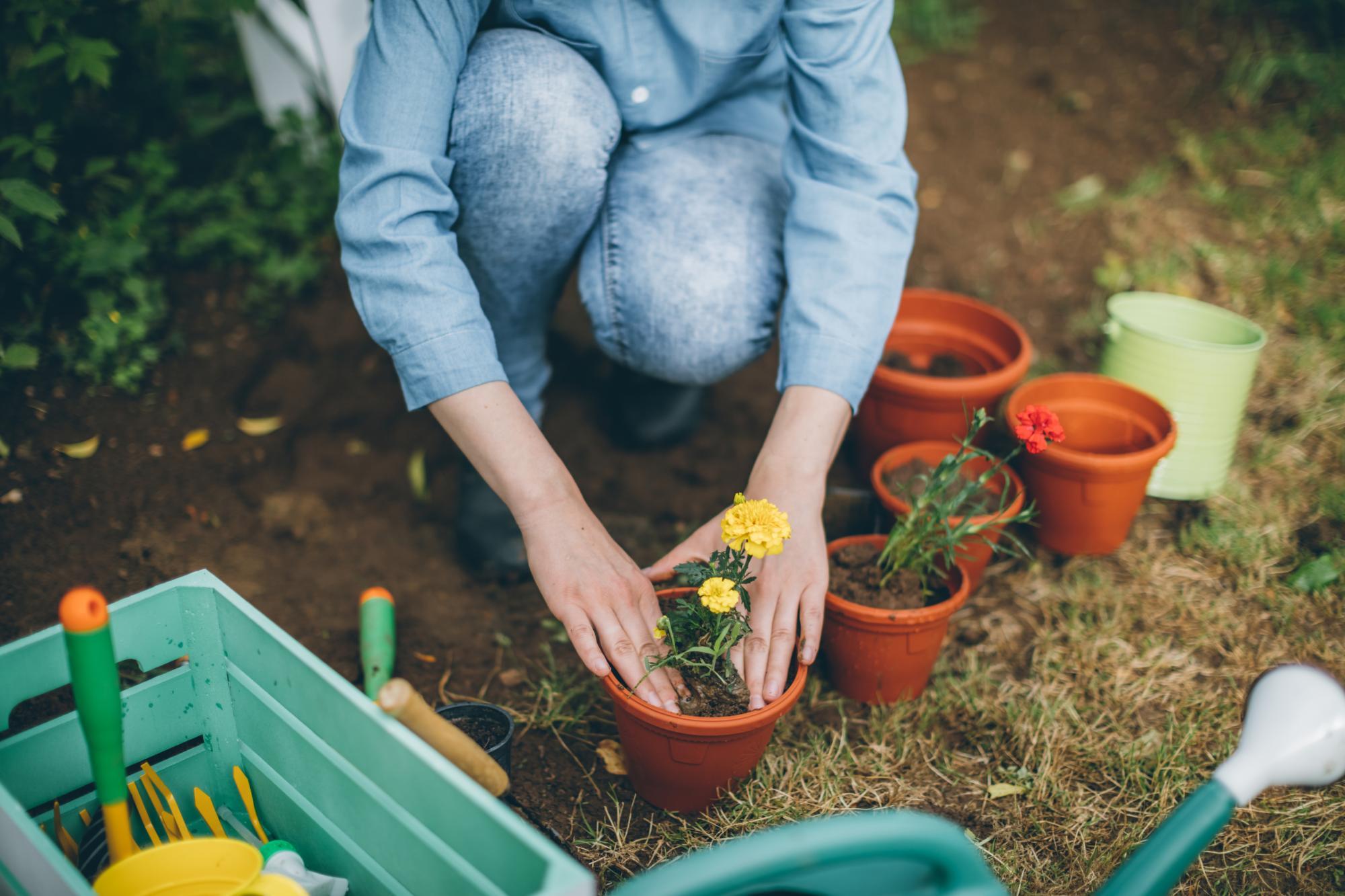
Understanding Plant Patents for Your Organic Garden
Tags:
While you are planning your garden, be aware of plant patents. Patents restrict your ability to propagate certain varieties, and they should be clearly labeled so you know what you’re buying.
We want heirloom varieties to be passed down to future generations, and we want to be able to share seeds and plants with friends and family. These simple, vital, and ancient gardening activities are threatened by plant patents.
Here is how plant patents have evolved, and why they are bad for food security:
As the settlers moved west across the US, they carried their seed and grew it out year after year. The land was dotted with subsistence farms. These self-sufficient families raised their own food and bartered with others in their community for items they needed but did not have.
In 1970 the Plant Variety Protection Act (PVPA) was passed to now patent sexually produced plant varieties, those propagated by seed. Farmers and breeders had exemptions. Farmers could grow PVPA seed for their own use and to sell to other farmers. Plant breeders could use PVPA seed to develop new patentable varieties.
Tomatoes, celery, okra, cucumbers, carrots, and peppers were exempted but eventually added to the list in a 1980 amendment. F1 hybrids were also exempted but then allowed in a 1994 amendment, which also included the right to patent hybrid corn and tubers. Restrictions were placed on farmers and breeders lessening their access to PVPA seeds.
The most important (and disastrous) result of the PVPA was that mega-corporations and chemical companies began buying up small seed companies in record numbers. That has not abated in almost 50 years. Mergers continue!
The first Utility Patent for plants came about in 1985. The same patent used for tangible gadget inventions since 1790 was now applicable to plants. This is the most stringent restriction of plant and seed use, stating that plants (and animals) can be patented if they are not naturally occurring in nature. A Utility Patent also protects the method used to modify a plant or animal and is how genetic engineering became legal. Corn was the first crop to be grown with a Utility Patent. All exemptions for farmers and breeders were removed.
You’ve heard the phrase ‘Vote with your dollars’. When you buy plants and seeds, do not support corporate ownership of the plant world, modification, or genetic engineering. Avoid patented plant material. Vote for organic gardening, heirlooms and their stories, and seed saving instead!
Go to your favorite seed catalogs and websites, and look for patented varieties. Here is a page of Monrovia’s patented ornamentals. Johnny’s Selected Seeds’ Salanova butter lettuce has three Utility Patents on it. High Mowing Seeds’ Indigo Rose Tomato has a PVP patent on it.
Read this thorough overview of the situation, The Control of Seed and Seed Sovereignty, by Andrew Still of Adaptive Seeds. Click on his links, too! See what Frank Morton, a long time lettuce breeder, has to say about plant patents.
Do a little homework before you go shopping. There is no place for patented plants or seeds in your diverse organic, heirloom garden.

